Mispronouncing uncommon words can be the mark of a reader.
People who read a lot will come across uncommon words that aren’t normally used in conversation. So they won’t know their correct pronunciation—just the one that’s in their head.
The other day my son said, “Tan-za-NEE-a? I thought it was Tan-ZANE-ee-ah.”
That was how I pronounced Tanzania when I was a child too, because I’d only ever read the word.
Here are some others:
I always thought there were two words meaning pinnacle: “EP-i-tome” in books, and “e-PI-to-mee” in spoken English. It wasn’t until I was in my 30s that I realized those were the same word: epitome.
My friend always read that people were “MI-zled” – sent astray. In fact they were misled.
In my grade 6 classroom, there was a sign that said:
DIS-
CO-
VER-
Y
For years, I thought that sign said “DISCO-very” and had no clue what they meant by that.
If your child mispronounces a word, she will likely be embarrassed. Explain to her that if it’s a word she has only ever read, she would have no reason to know the correct pronunciation. And tell her that you’re proud of her for reading.
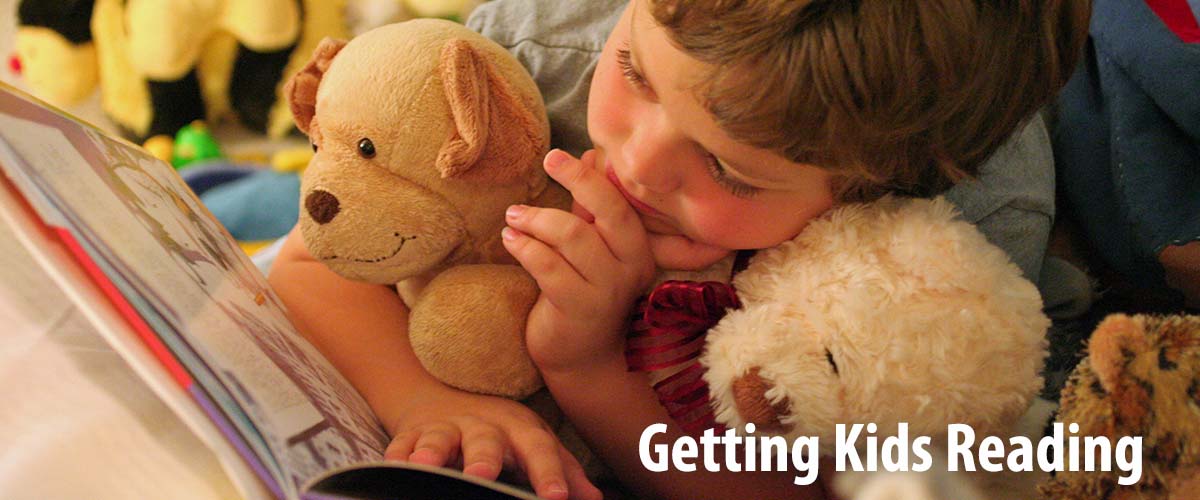

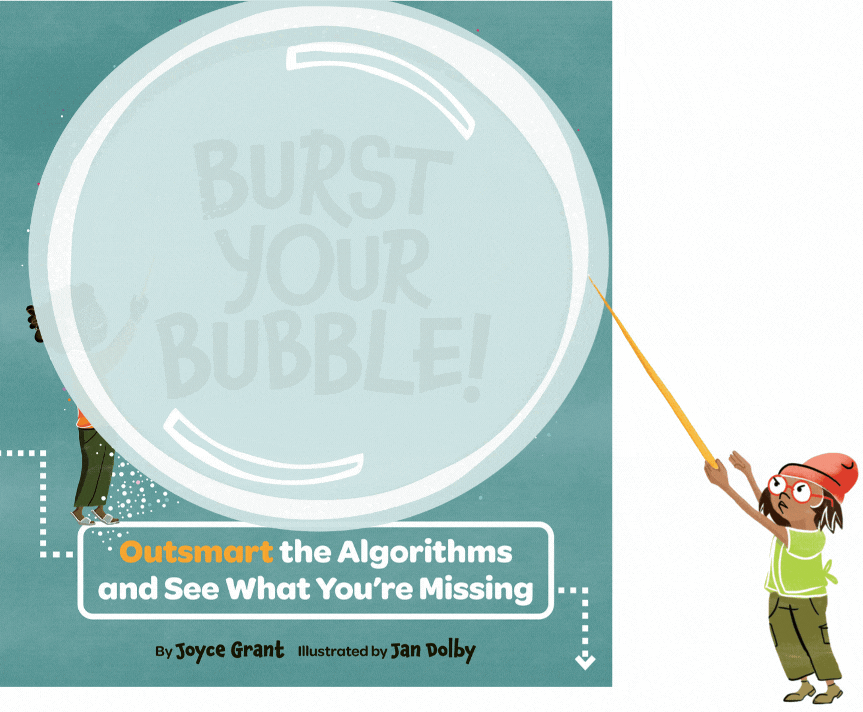
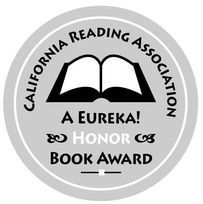
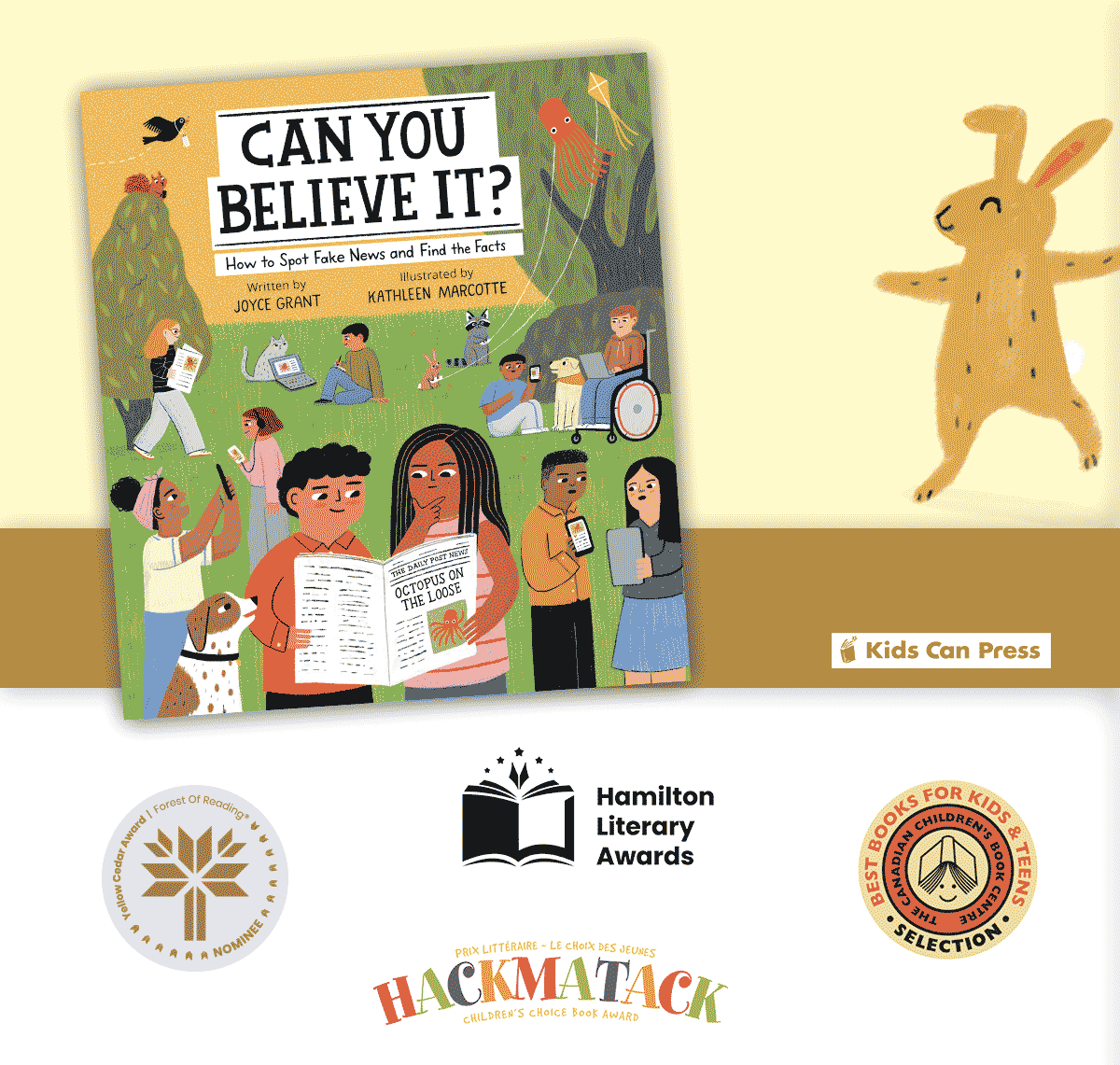
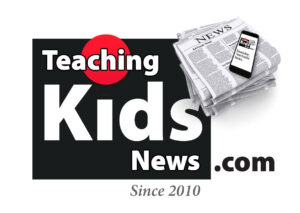

I heard JK Rowling say one reader announced that "Hermy-One" (pronounced like the number one)and not "Heir-MY-oh-nee" was their favorite character in the Harry Potter series. I loved that one!
Yes – names are the best! My son and I still argue about the pronunciation of some of the spells in Harry Potter. (If you say 'em wrong, they don't work, apparently.) Hee.
I learnt many words alone as a reader which meant I worked out meaning from the context, but pronunciation was hit and miss.
So I remember adults laughing when I said
Coll O Nell (colonel), Lee O Pard (leopard).
Even as a young adult reading PG Wodehouse, I had all sorts of fun with Cholmondley (Chumley, I think), Worcester (Wooster). And then I discovered I was actually reading Woodhouse!
Lol!